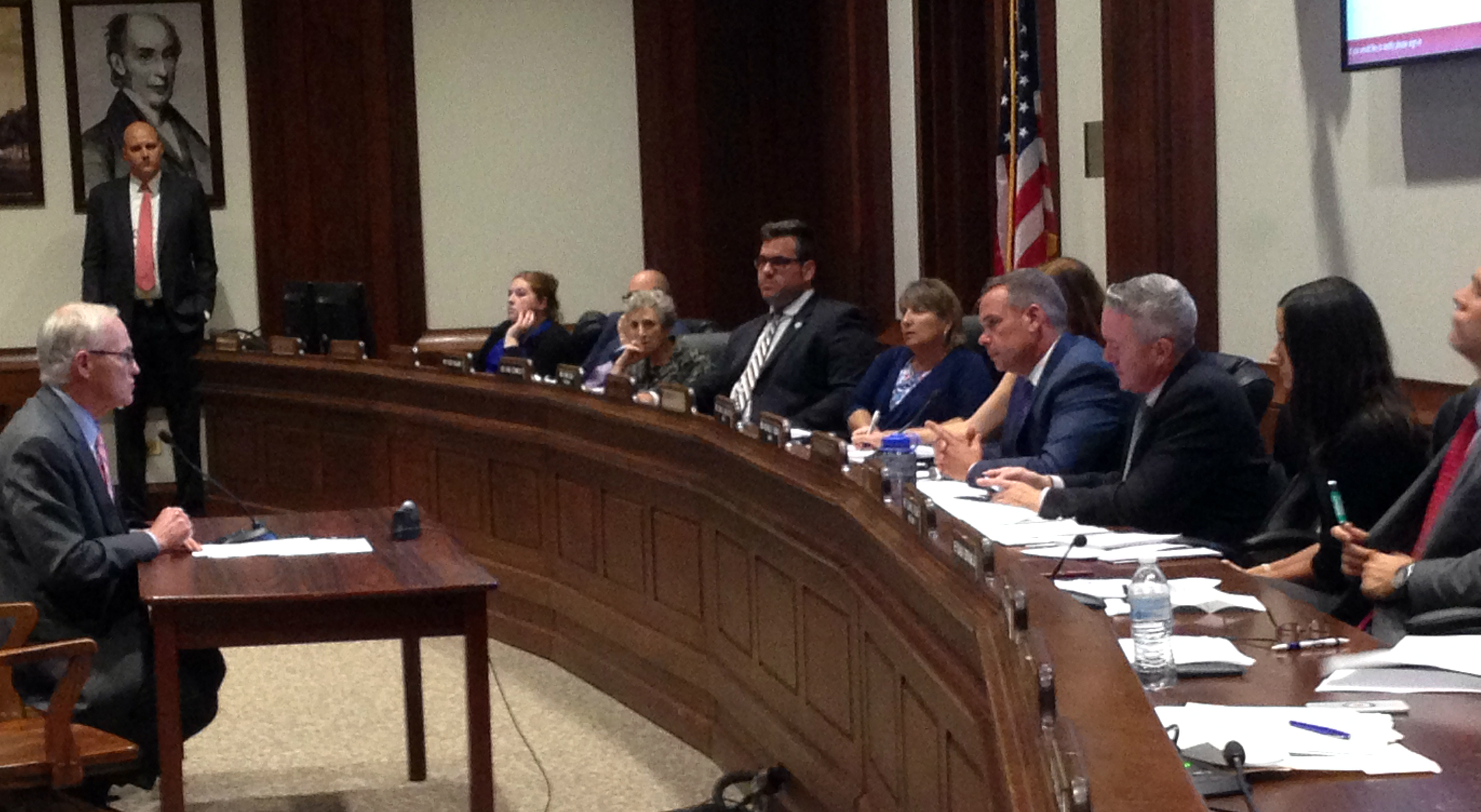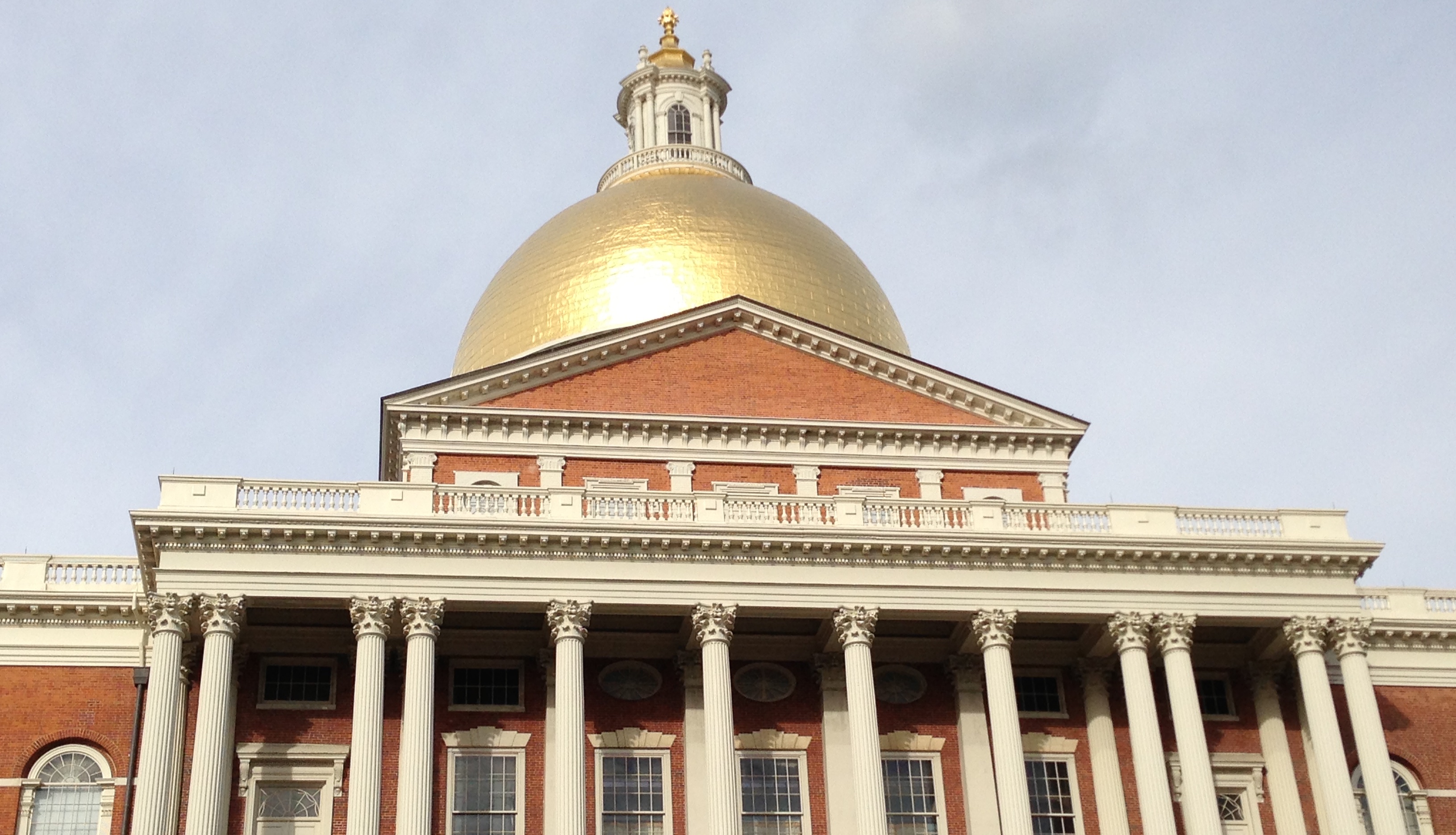For Immediate Release
Barrett vote on Student Opportunity Act, passes unanimously in the Senate
Bill would invest $1.5 billion in public schools, update statewide education policy, and support effective approaches to closing opportunity gaps for students throughout the Commonwealth.
BOSTON – On October 3, Senator Mike Barrett (D-Lexington) joined their Senate colleagues in unanimously passing the Student Opportunity Act, which would invest an unprecedented $1.5 billion in Massachusetts K-12 public education. This legislation would ensure public schools have adequate resources to provide high-quality education to students across the state, regardless of zip code or income level. Assuming inflation, over time the bill could provide an estimated $2.2 billion.
The Student Opportunity Act would significantly help school districts that serve high concentrations of low-income students. At the same time, school districts across the Commonwealth would benefit from updates to the existing funding formula, along with increased state investment in other vital education aid programs such as transportation, school construction and renovation and special education.
Taking into account these new investments, policy updates and the needs of all types of districts, the Student Opportunity Act would create new ways to monitor and measure progress, support effective approaches to closing opportunity gaps, and deliver results for all students.
“Most of the funding in the bill ensures equal opportunity by providing money to the poorest school districts in the state,” said Senator Barrett. “Still, our local districts get full reimbursement of the cost of out-of-district transportation for students with disabilities. This is no small thing, financially. So we all come out ahead.”
There are five recovery high schools across the Commonwealth that provide a safe, sober, and supportive school environment for students with substance use disorder. These schools have been tremendously successful – resulting in higher graduation rates, lower absenteeism, and the opportunity for students to develop skills and strengths needed for personal, academic, vocational and community success. In addition to providing traditional academic courses, these schools offer students a wealth of therapeutic and other support services for students. These additional treatment services, however, can be expensive and pose a funding challenge for recovery high schools.
To help meet these challenges, Friedman successfully secured an amendment in the Student Opportunity Act that would allow school districts to establish a local reserve fund to pay for unanticipated or unbudgeted costs of students attending recovery high schools. She also secured an amendment that would direct the Department of Elementary and Secondary Education (DESE) to determine the appropriate per pupil costs at recovery high schools to better inform future policy regarding staffing and funding levels needed to ensure the quality and sustainability of these schools.
The Student Opportunity Act would fully implement the recommendations of the 2015 Foundation Budget Review Commission (FBRC), ensuring that the school funding formula provides adequate and equitable funding to all districts across the state. The bill would provide an estimated $1.4 billion in new Chapter 70 aid over and above inflation when fully implemented over the next seven years. It would also modernize the K-12 education funding and policy landscape in four areas:
- Estimate school districts’ employee and retiree health care costs using up to date health insurance trend data collected by the state’s Group Insurance Commission (GIC);
- Increase special education enrollment and cost assumptions to more accurately reflect district enrollment;
- Increase funding for English language learners (ELL) that is differentiated by grade level to reflect the greater resources required to educate older ELL students;
- Address the needs of districts educating high concentrations of students from low-income households by:
- Providing additional funding based on the share of low-income students in each district; districts educating the largest percentage of low-income students would receive an additional increment equal to 100% of the base foundation; and
- Returning the definition of low-income to 185% of the Federal Poverty Level, as opposed to the 133% level that has been used in recent years.
To ensure that education-funding levels remain adequate, effective and equitable, the legislation includes forward looking provisions to address additional funding challenges and policy areas. The bill would direct the Department of Revenue (DOR) and DESE to analyze the method of determining required local contributions in the Chapter 70 school funding formula for the purpose of improving equity, predictability and accuracy. It would also establish a Rural Schools Commission to investigate the unique challenges facing rural and regional school districts with low and declining enrollment.
Finally, the legislation would create a “21st Century Education Trust Fund” to support schools and districts pursuing innovative approaches to learning, increase the Massachusetts School Building Authority’s annual spending cap by $200 million to allow for more school building and construction projects, set up a three-year timeline to fully fund charter school tuition reimbursements, increase foundation rates for guidance and psychological services, and expand a special education reimbursement program to include transportation costs.
The legislation now moves to the House of Representatives for consideration. To track the progress of the bill, visit https://malegislature.gov/Bills/191/S2350.




